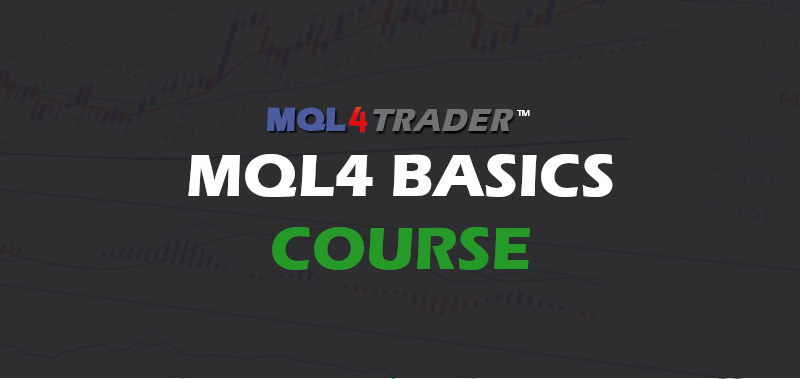
Using External Libraries and Files in MQL4
External libraries and files can significantly enhance the functionalities of MQL4 programs. They allow developers to reuse code, leverage additional capabilities, and access external data. Here's how to use them:
1. MQL4 Libraries (.mqh files)
Libraries in MQL4 are stored in .mqh files and usually contain functions and procedures that can be used across different MQL4 programs.
- Include Library: To include a library in your code, use the
#includedirective followed by the library name:#include <LibraryName.mqh>. - Using Functions: After including, you can directly use the functions provided by the library.
2. External DLL Libraries
MQL4 allows importing functions from DLLs. This capability significantly broadens what you can do with MQL4, as it enables you to use functions not natively available in MQL4.
- Enable DLL Imports: Before using a DLL, ensure you've enabled DLL imports in your EA or indicator's properties.
- Importing: Use the
importdirective to define the functions you want to access from the DLL.
3. Reading and Writing Files
MQL4 provides functions to read from and write to external files, enabling strategies that rely on external data or saving data for external analysis.
- FileOpen: Use this function to open a file. It returns a file handle used for subsequent operations.
- FileRead, FileWrite: Read from or write to the file using the handle obtained from FileOpen.
- FileClose: Always close a file after operations to free up resources.
4. Security Concerns
While external libraries and files enhance functionality, they also pose potential security risks, especially when using third-party DLLs. Always ensure the source's trustworthiness and be wary of potential malicious code.
Conclusion
By leveraging external libraries and files, MQL4 developers can create more versatile, data-rich, and efficient programs. However, always prioritize security, especially when integrating external components.
NEXT UP: Code Optimization Techniques in MQL4